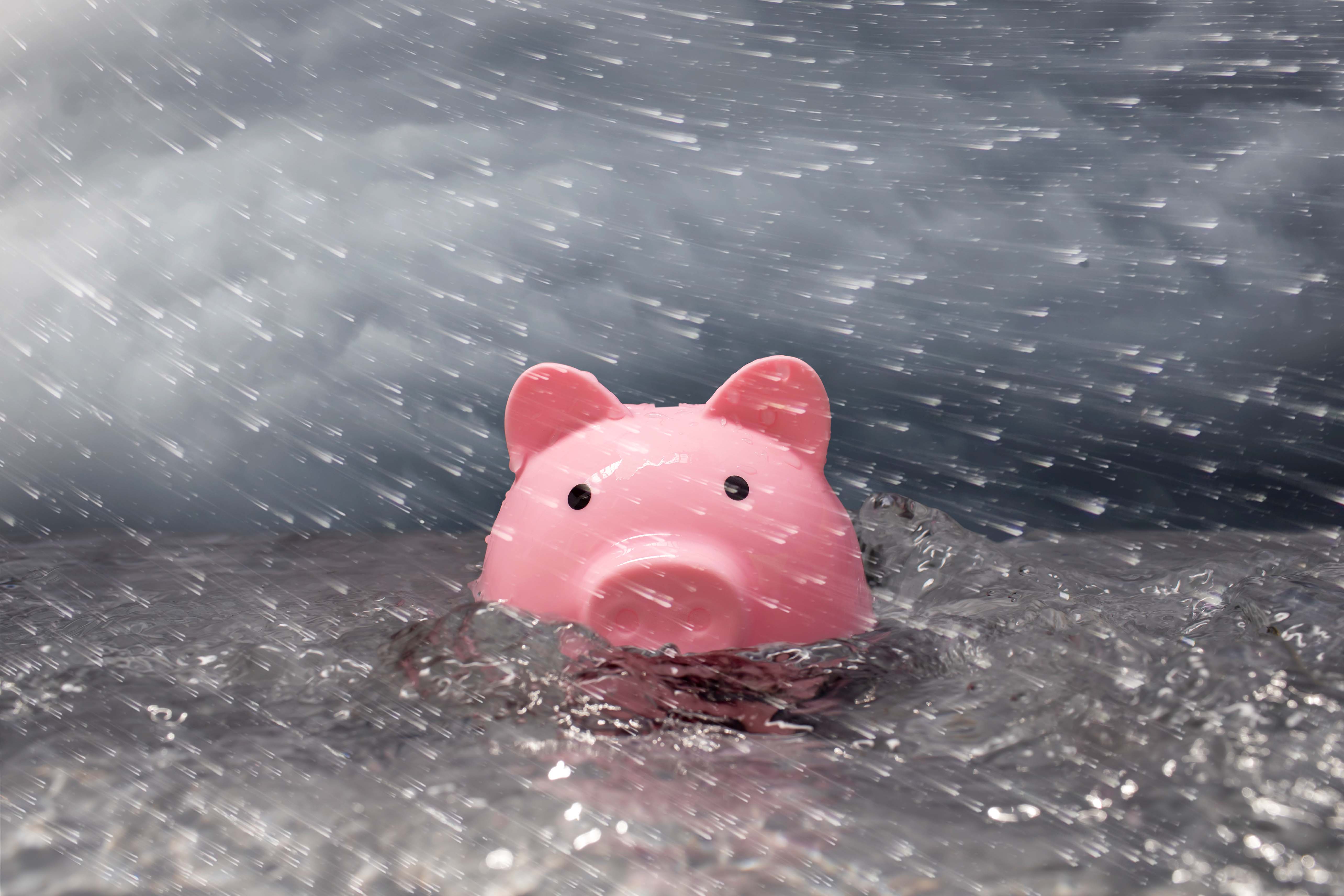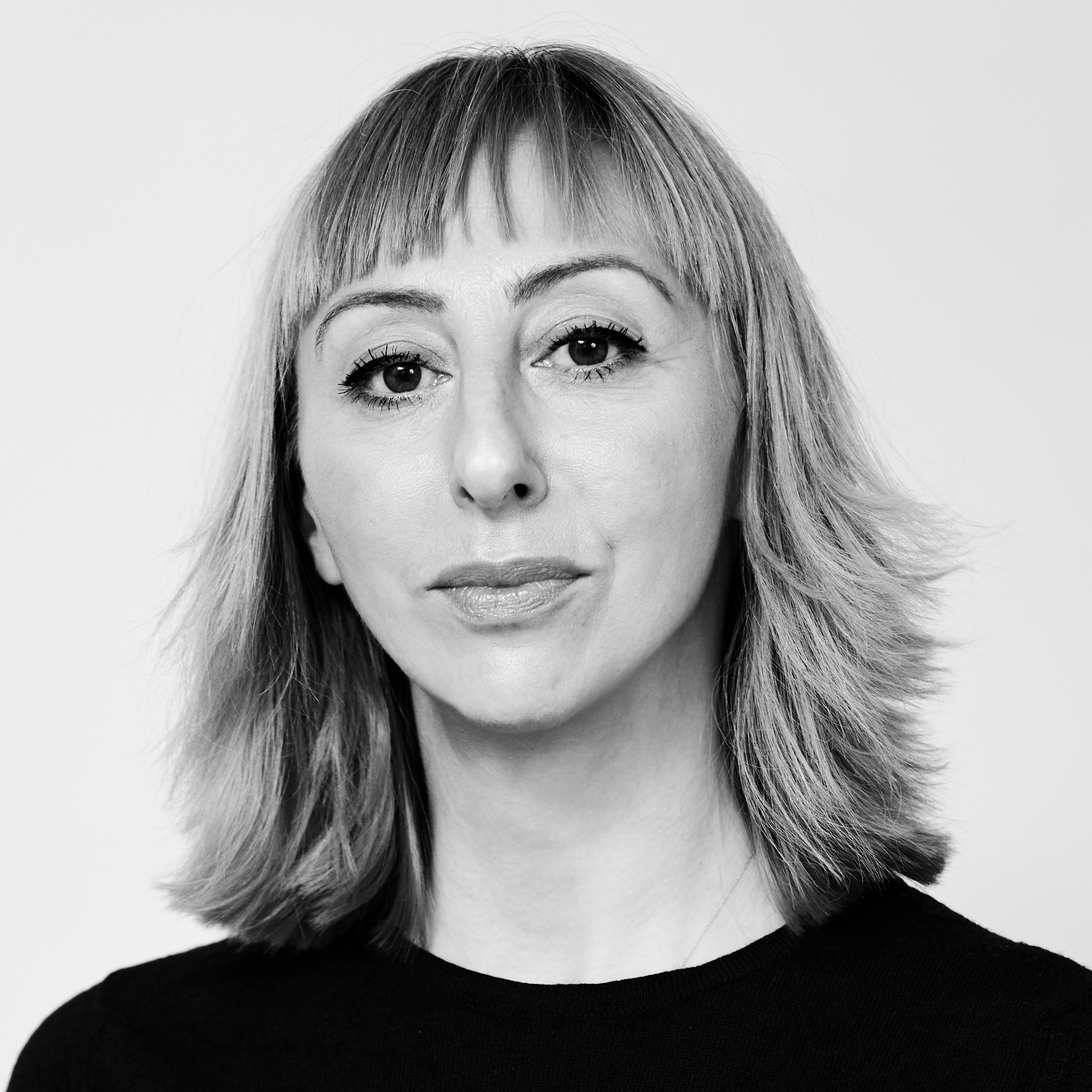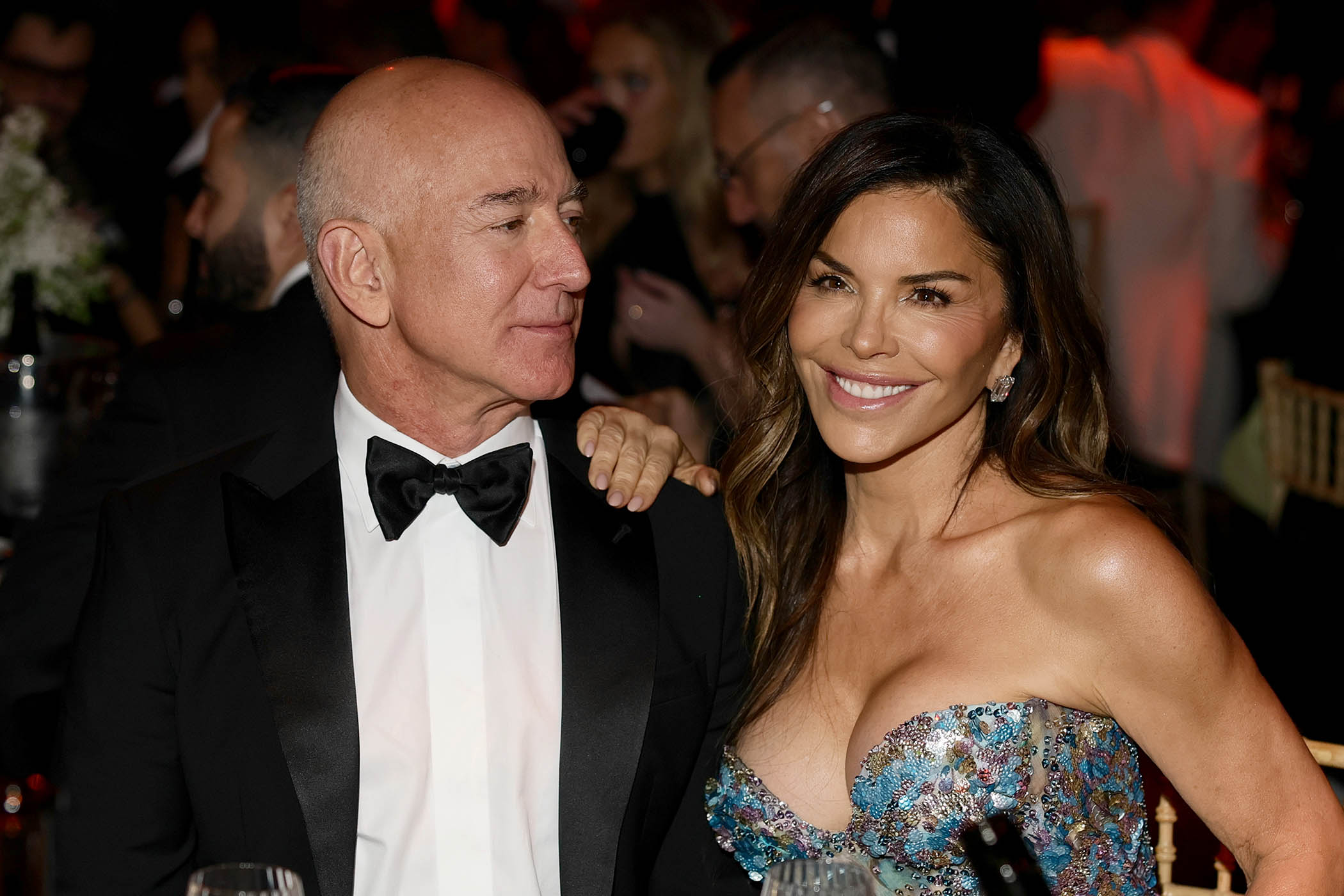Last week the Supreme Court ruled that the wife of a wealthy financier was not entitled to half the £78m he gave her to avoid inheritance tax, because he’d made the money before they got married. It’s set a precedent for how divorcing couples divide their cash, and led me to think that the primary relationship for many people is not with each other but, in fact, with their money.
“Money is your real husband,” my friend Sophie texted cheerily this morning. She was talking less about me, more about the complex commitments we make, and the grip our finances have on all of our lives, keep up. Money is your husband, with the security and compromises it brings, and sometimes at the same time. “But,” she added, “it’s also your mistress,” with its fantasy, fears, dreams, drama. I get it. And I fear, if I’m married to my money, we’re in a coercive relationship. The issue is, I’m terribly afraid it will one day leave me. But rather than happily spend it or sensibly save it, I perform a series of secret third things to avoid ever having to think about it, the main thing being, I do all I can to pretend it doesn’t exist.
Last year, suddenly gripped with anxiety after a conversation with a friend about the fact that I do all my saving in a current account (“Just in case!” “In case of what?” Frantically, “Disaster, death, apocalypse, I mean what have you got?”) I emailed a financial advisor. Can you help me, I said. Yes, how much money have you got, he said. No idea, I replied. OK, are you interested in stocks and shares, he said. I didn’t know what to say so said nothing. What do I spend my money on beyond essentials? I looked quickly through my phone: presents for kids’ birthday parties, almost exclusively, and marked-down chocolate nuts.
How does anyone spend their spare money today anyway, now we are aware of the horrors of fast fashion and the climate crisis and clutter and when a T-shirt costs anything from £1 to £1,000? There was an unpleasant desperation to my voice, not unlike that of a person being dangled out of a window. He sighed. We went round like this for a while before he asked for all my bank statements and a fee (to illustrate how my brain refuses to hold thoughts of money, understand that I don’t know what this fee was except that it had a two in it) and a week later we had a Zoom meeting where he went through figures with his eyebrows raised and I tried my very hardest to concentrate.
If I manage to save some money at the end of the month, why don’t I buy something silly, why can’t I enjoy it, rather than just exhaling?
If I manage to save some money at the end of the month, why don’t I buy something silly, why can’t I enjoy it, rather than just exhaling?
More of us, I believe, have weird relationships with money than have money itself. The term “money dysmorphia” started to roll around the internet last year. It’s derived from the phrase “body dysmorphic disorder”, a mental health condition where a person obsesses unhealthily about a perceived physical flaw. This new term describes somebody who feels irrationally insecure about their finances, where legitimate money worries (the cost of living continues to crisis) exist alongside anxieties provoked by seeing strangers’ ostentatious lifestyles online – a distance grows between what they have and what they feel like they have.
I don’t think this is me (the lives of others, with their jumping-off-yachts and their weekend homes, barely resonate, and I certainly don’t feel less-than for summering in Tesco rather than Tuscany), but the irrational insecurity definitely resonates. If I manage to save some money at the end of the month, why don’t I buy something silly, why can’t I enjoy it, rather than just exhaling, having held my breath since June?
OK, are you interested in ISAs, asked the financial advisor, with gritted weariness. For me, money is not about pleasure, or success, or potential, or ambition, it’s purely about security. I suggested quite casually to the man (he sat in a dark-blue room in front of a framed poster along the lines of KEEP CALM AND DRINK TEA) that with this in mind, I thought my priority should be to pay off my mortgage, then I need no longer worry about my family becoming homeless.
Nope, he said. A mortgage (it goes a bit fuzzy in my memory here) is a good loan, is what I think he said? And he said don’t worry (ha), because he’d draw up all his advice in a spreadsheet suggesting the best savings accounts etc before our next meeting and I closed the laptop with a huge feeling of relief. Even if it wasn’t possible to outsource the anxiety around making money, it was possible, then, to outsource the anxiety of what to do with the money once made. I sent him an email of thanks. Then a couple of weeks later another to “follow up”, then a month or so later when I still hadn’t received the financial advice promised, I realised, with some awe, that he’d ghosted me.
All important relationships in our lives – husbands, mistresses, money – sometimes benefit from or invite a third party’s intervention, be it friend or bailiff. When I eventually built up the courage to tell my actual husband about the ghosting, he suggested with a grave expression that perhaps it wasn’t a financial advisor I needed, but a therapist.
And another thing: eye candy, cold comforts and shopping lists
The eyes have it: I’ve started wearing burgundy mascara. I know, how radical, how chic. By Terry have just released new shades of purple and burgundy (their mascara contains hyaluronic acid and collagen said to condition lashes, stimulate growth and prevent lash loss), designed to enhance brown eyes. Surprisingly subtle, I like it.
Newsletters
Choose the newsletters you want to receive
View more
For information about how The Observer protects your data, read our Privacy Policy
I scream for ice-cream: Dear God, Hackney Gelato’s chocolate and roasted hazelnut ice-cream is good. And I say this as a person who, famously, doesn’t usually like ice-cream. As a person who, famously, says it’s too cold. This stuff is comparable to the best cone I ever had, bacio flavour from a very expensive shop in Milan (I went on about it dully for weeks) and a whole tub is only £3.75 if you have a Tesco Clubcard. Which I do, famously.
Just browsing: When the brilliant photographer Annie Collinge started posting the odd things she’d looked at on eBay on her Instagram over lockdown, I was hooked. Pleasingly, she’s turned these images into a pocket-sized book, with designer Claire Huss: Things I looked At On eBay Today. It is delightful and surreal. I look forward to the rest of the series: things she’s looked at on Temu, Amazon and Vinted.
Photograph by Getty Images



